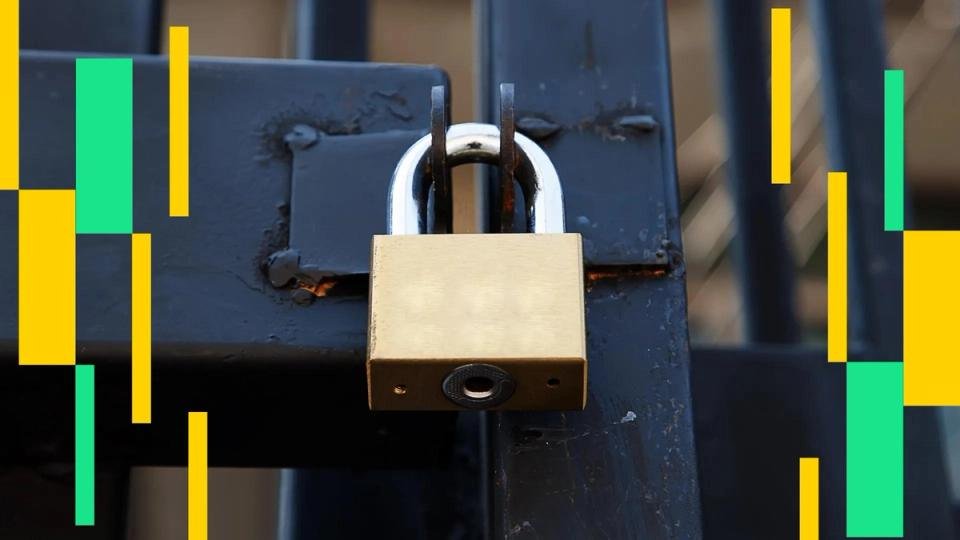ZEC’s Privacy Revolution: The Integration of Zcash on Solana
The cryptocurrency landscape is witnessing significant transformations, particularly with the rise of Zcash (ZEC), currently priced at $353.87. Recently, ZEC’s value surged dramatically by 380%, making headlines in the digital asset community. This increase can be attributed to various factors, including the anticipation surrounding the upcoming ZEC halving, the launch of the Grayscale ZEC Trust, and listings on platforms like Hyperliquid. The surge has sparked renewed interest in innovative solutions to enhance ZEC’s utility within diverse blockchain ecosystems. One significant development is the wrapping of ZEC on Solana, one of the leading smart contract platforms.
On October 16, the Solana blockchain launched wrapped ZEC via the Zolana bridge. However, this initiative has its limitations: while wrapped ZEC is backed 1:1 by native ZEC, it fails to provide the essential privacy features that Zcash users value. The coins in their wrapped form are treated like standard Solana Program Library (SPL) tokens, which means they lack the inherent privacy measures that define ZEC’s reputation. Transaction data and balances remain visible, highlighting a crucial gap between the promise of ZEC and its implementation on Solana.
To address these shortcomings, Encifher has introduced a solution that allows wrapped tokens to regain their privacy through a re-wrapping process, creating encrypted assets like eZEC. This process utilizes cutting-edge fully homomorphic encryption (FHE) technology to enable private transactions on the Solana network. Encifher endorses the idea that for ZEC to maintain its privacy on Solana, it should be re-wrapped into encrypted assets such as eZEC. This framework allows users to retain the privacy of balances and transactions, thereby aligning with ZEC’s original vision of asset-level privacy.
Encifher’s technology stands out by employing zero-knowledge proofs to ensure that transaction details remain confidential, accessible only to authorized parties. The use of threshold encryption means that sensitive data is stored off-chain, with encrypted pointers managing access through the Solana blockchain. By employing this method, users can conduct transactions without revealing their balances. This system effectively transforms Solana’s public blockchain into a privacy-preserving environment for ZEC users, allowing seamless interaction with decentralized finance (DeFi) applications.
With the implementation of Encifher’s privacy features on Jupiter, Solana’s premier decentralized exchange, users can trade encrypted ZEC tokens while maintaining their privacy. The protocol’s design prevents transaction linkability and address reuse through ephemeral accounts that exist solely for individual transaction lifecycles. This feature ensures that analyses from third-party platforms are nearly impossible, creating a secure environment for private transactions.
Encifher’s advancements position ZEC’s original promise of privacy in a fast and efficient environment, bridging the gap between the need for speed inherent in Solana and the essential privacy protections that ZEC offers. The integration not only revitalizes interest in ZEC but also firmly anchors its utility within the expanding DeFi sector on Solana. As the cryptocurrency market continues to evolve, these privacy-enhancing solutions could potentially shape future blockchain ecosystems, enabling users to regain control over their financial data while participating in the decentralized economy.


